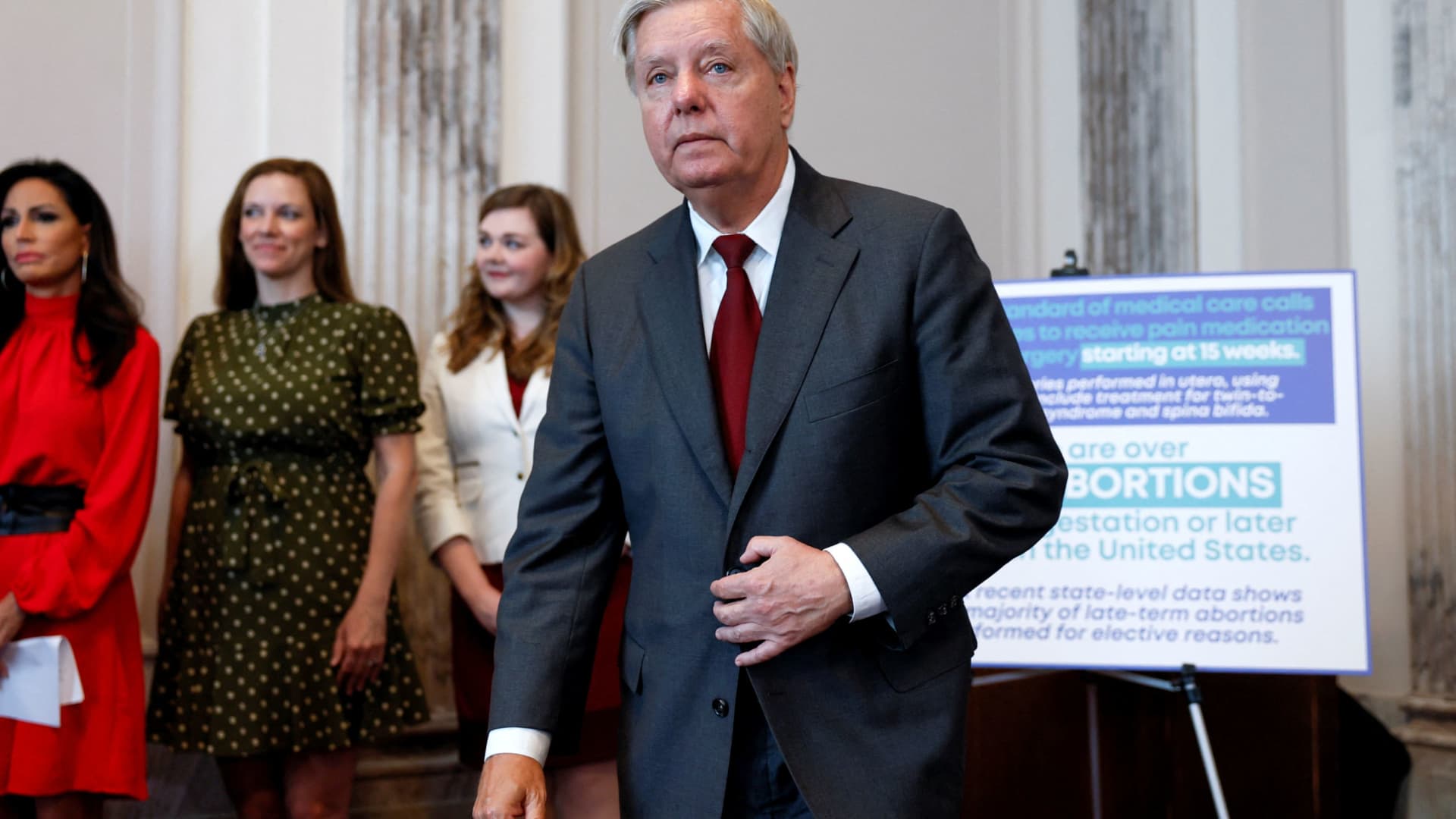US Markets
Tuesday, May 21st, 2024 4:02 pm EDT
Key Points
- Federal Reserve Governor Christopher Waller indicated that further interest rate increases are probably unnecessary due to easing inflation, as suggested by recent economic data such as flattening retail sales and cooling in manufacturing and services sectors.
- Despite the positive signs, Waller is not ready to support interest rate cuts yet, emphasizing the need for several more months of good inflation data and significant weakening in the labor market before considering easing monetary policy.
- April’s consumer price index showed modest progress in reducing inflation, leading markets to adjust their expectations, now predicting the first rate cut no earlier than September, with a maximum of two quarter-point reductions by the end of the year.
Federal Reserve Governor Christopher Waller, in a speech delivered to the Peterson Institute for International Economics in Washington, indicated that he does not foresee the necessity for further interest rate hikes, citing recent data showing signs of easing inflation. However, Waller, known for his hawkish stance favoring tighter monetary policy, expressed caution about reducing rates anytime soon, stating that substantial evidence of sustained inflation moderation is required before supporting any easing of monetary policy.
Waller highlighted several economic indicators, such as flattening retail sales and cooling in the manufacturing and services sectors, as evidence that the Federal Reserve’s higher interest rates have successfully reduced some of the demand pressures that contributed to the highest inflation rates in over four decades. Additionally, he pointed out that while payroll gains remain robust, internal metrics like the rate at which workers are leaving their jobs suggest some loosening in the ultra-tight labor market, which had previously driven up wages and inflation.
Despite these positive signs, Waller emphasized his reluctance to back rate cuts without more compelling data. He noted that the economy is evolving in line with the Federal Open Market Committee’s (FOMC) expectations, but he needs to see a significant weakening in the labor market or several more months of favorable inflation data to consider supporting a policy easing. April’s consumer price index, which showed a 3.4% annual inflation rate and a slightly below-expected monthly increase of 0.3%, was described by Waller as a “welcome relief.” Nevertheless, he graded the report a C-plus and reiterated that modest progress in inflation moderation is insufficient to alter his stance on monetary policy.
Waller’s comments reflect the broader uncertainty in financial markets regarding the Federal Reserve’s next moves. At the beginning of the year, futures market traders anticipated at least six rate cuts starting in March, but a series of higher-than-expected inflation reports shifted expectations. Now, the first rate cut is not expected until September at the earliest, with a maximum of two quarter-point reductions projected by the end of the year, according to the CME Group’s FedWatch Tool. Waller refrained from providing specific expectations on the timing or extent of potential rate cuts, choosing to keep his views on future inflation data to himself for the time being.
For the full original article on CNBC, please click here: https://www.cnbc.com/2024/05/21/fed-governor-waller-wants-several-months-of-good-inflation-data-before-lowering-rates.html




